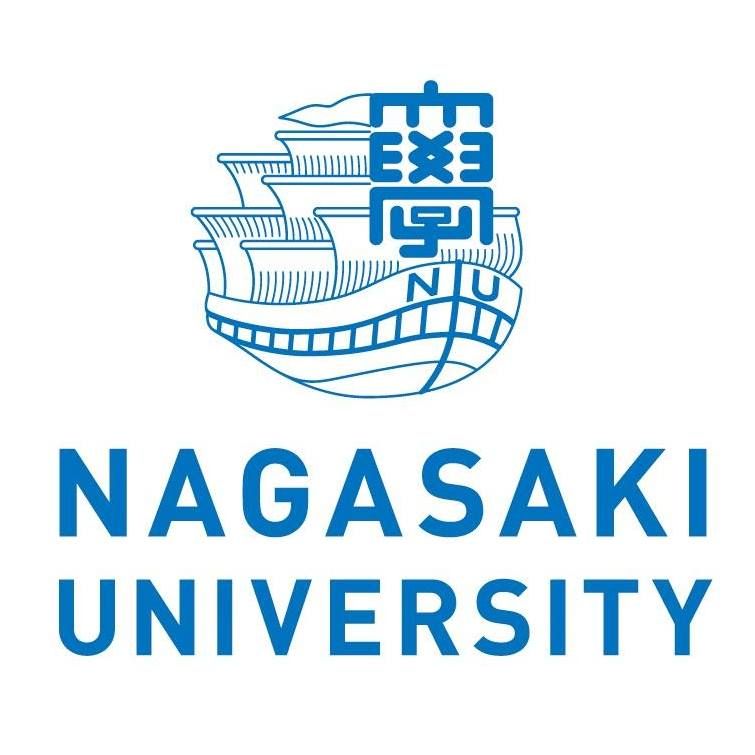预约演示
更新于:2025-05-07
mAbProtein Co. Ltd.
更新于:2025-05-07
概览
标签
神经系统疾病
免疫系统疾病
呼吸系统疾病
单克隆抗体
疾病领域得分
一眼洞穿机构专注的疾病领域
暂无数据
技术平台
公司药物应用最多的技术
暂无数据
靶点
公司最常开发的靶点
暂无数据
| 排名前五的药物类型 | 数量 |
|---|---|
| 单克隆抗体 | 2 |
| 排名前五的靶点 | 数量 |
|---|---|
| IL-18(白细胞介素18) | 2 |
关联
2
项与 mAbProtein Co. Ltd. 相关的药物WO2024204745
专利挖掘靶点 |
作用机制- |
在研适应症 |
非在研适应症- |
最高研发阶段药物发现 |
首次获批国家/地区- |
首次获批日期- |
JP2023177377
专利挖掘靶点 |
作用机制- |
在研适应症 |
非在研适应症- |
最高研发阶段药物发现 |
首次获批国家/地区- |
首次获批日期- |
100 项与 mAbProtein Co. Ltd. 相关的临床结果
登录后查看更多信息
0 项与 mAbProtein Co. Ltd. 相关的专利(医药)
登录后查看更多信息
4
项与 mAbProtein Co. Ltd. 相关的文献(医药)2024-07-01·Digestive Diseases and Sciences
Monoclonal Antibodies Against Mature Interleukin-18 Ameliorate Colitis and Repair Goblet Cell Function
Article
作者: Mu, Jingxi ; Murate, Kentaro ; Hirose, Takashi ; Kawashima, Hiroki ; Yamamoto, Kenta ; Nakamura, Masanao ; Nariai, Yuko ; Urano, Takeshi ; Sawada, Tsunaki ; Maeda, Keiko ; Furukawa, Kazuhiro ; Kamino, Hiroki ; Ishikawa, Eri ; Yamamura, Takeshi ; Ohashi, Ayako ; Fujishiro, Mitsuhiro
2023-05-01·Biochimie
Generation of the novel anti-FXYD5 monoclonal antibody and its application to the diagnosis of pancreatic and lung cancer
Article
作者: Maruyama, Riruke ; Tajima, Yoshitsugu ; Hotta, Takamasa ; Kamino, Hiroki ; Kajitani, Naoyo ; Kadota, Kyuichi ; Isobe, Takeshi ; Nariai, Yuko ; Urano, Takeshi
2022-09-01·Archives of Biochemistry and Biophysics
Generation of antagonistic monoclonal antibodies against the neoepitope of active mouse interleukin (IL)-18 cleaved by inflammatory caspases
Article
作者: Uchida, Yuki ; Urano, Takeshi ; Obayashi, Eiji ; Koga, Tomohiro ; Nariai, Yuko ; Tajima, Yoshitsugu ; Kamino, Hiroki ; Kawakami, Atsushi
100 项与 mAbProtein Co. Ltd. 相关的药物交易
登录后查看更多信息
100 项与 mAbProtein Co. Ltd. 相关的转化医学
登录后查看更多信息
组织架构
使用我们的机构树数据加速您的研究。
登录
或

管线布局
2026年02月07日管线快照
管线布局中药物为当前组织机构及其子机构作为药物机构进行统计,早期临床1期并入临床1期,临床1/2期并入临床2期,临床2/3期并入临床3期
药物发现
2
登录后查看更多信息
当前项目
| 药物(靶点) | 适应症 | 全球最高研发状态 |
|---|---|---|
WO2024204745 ( IL-18 ) | 呼吸系统疾病 更多 | 药物发现 |
JP2023177377 ( IL-18 ) | 神经系统自身免疫性疾病 更多 | 药物发现 |
登录后查看更多信息
药物交易
使用我们的药物交易数据加速您的研究。
登录
或

转化医学
使用我们的转化医学数据加速您的研究。
登录
或

营收
使用 Synapse 探索超过 36 万个组织的财务状况。
登录
或

科研基金(NIH)
访问超过 200 万项资助和基金信息,以提升您的研究之旅。
登录
或

投资
深入了解从初创企业到成熟企业的最新公司投资动态。
登录
或

融资
发掘融资趋势以验证和推进您的投资机会。
登录
或

生物医药百科问答
全新生物医药AI Agent 覆盖科研全链路,让突破性发现快人一步
立即开始免费试用!
智慧芽新药情报库是智慧芽专为生命科学人士构建的基于AI的创新药情报平台,助您全方位提升您的研发与决策效率。
立即开始数据试用!
智慧芽新药库数据也通过智慧芽数据服务平台,以API或者数据包形式对外开放,助您更加充分利用智慧芽新药情报信息。
生物序列数据库
生物药研发创新
免费使用
化学结构数据库
小分子化药研发创新
免费使用

